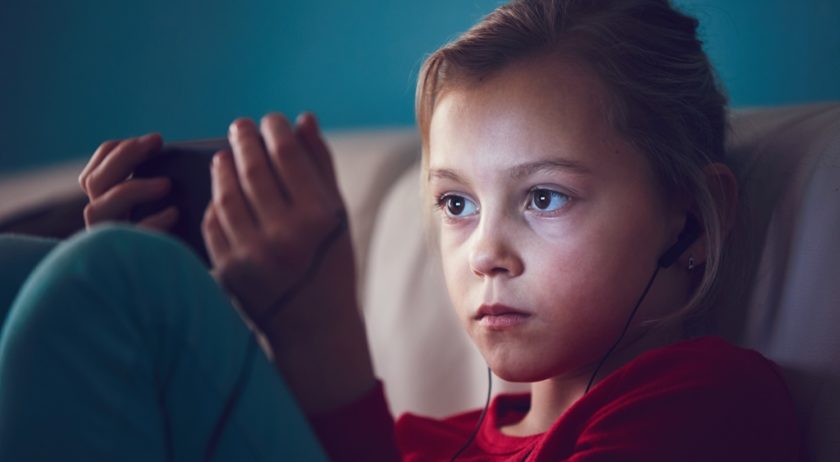Does your child forget to brush his teeth every other morning? Does he forget to take his backpack to school during the week unless you remind him or place it in the doorway? Many of the parents I speak to in my clinical practice have the same concern, often expressed in their children’s behaviors such as difficulty in following morning routines, not turning in completed homework, or forgetting what they just learned. They always ask: Why does my child keep making the same mistakes?
These kids seem to know something in one place or at one time but can’t apply it in other places. This may be due in part to them finding that learning might be easy, but applying knowledge is more difficult. This may happen particularly when parents and teachers don’t actively teach where, when, and how to apply skills – what psychologists call generalization. Generalization, or transfer of skills from one time, place, or person to another, is what supports ongoing learning and is the core mission of our LW4K LIVE program. Generalization is not an easy process, but at LW4K LIVE we’ve simplified it by focusing on three key steps: Detect, Reflect, and Connect. You can learn to do the same at home.
Widget not in any sidebars
Learning is both easy and complicated, particularly when it comes to learning soft skills such as problem-solving, self-management, and social skills that are applied across many settings. For example, it’s far easier to teach and learn the multiplication tables that it is to solve real-world problems involving multiplication. That type of problem-solving requires soft skills, and for soft skills to be effective, users need to understand what they are, how they help, when to apply them, how to make adjustments, and how to expand and use them in different situations. Three simple steps help to do this: Detect, Reflect, and Connect.
custom template fieldThe Detect component is about identifying the skill. Some students readily see when they are using a specific soft skill and how it helps them. For example, children who organize their backpacks before starting homework recognize that this will help them to find and complete all their work. Many others would need instruction in order to identify skills that may have helped them in the past. Before they can know how to use a skill in a new area, they need to be able to identify, or “Detect,” when they used it successfully in the past.
The Reflect step helps with evaluating decision making and actions. This is a cognitive process that requires youngsters to assess how a skill has helped them in previous settings and how it might help them in other situations. Reflection helps with looking at the components of the skill, determining when it was applied, and making the connection with how those skills were effective in solving a particular problem. The action of the Reflect step also involves the capacity to be flexible and learn from mistakes. Individuals who reflect use a metacognitive or “thinking about one’s thinking” approach. Metacognition has been identified across dozens of studies as one of the most significant tools for learning, performing well on tests, and retaining knowledge.
The Connect step facilitates the use of the acquired skill in a variety of situations. One of the biggest shortcomings of many learning opportunities is the inability of learners to take what they have learned in one situation and apply it to another. This application requires practice. The Connect step helps people to take something they learned in one situation and use it effectively in another. Parents and educators often forget that the Connect step is most effective when they guide kids in applying it in new settings.
If you find yourself asking why your children keep making the same mistakes, it’s likely they are unable to generalize what they have learned in one setting to another. Consciously teaching the steps of Detect, Reflect, and Connect will help. If you want some help with doing so or modeling how best to do this, sign up for one of our LearningWorks LIVE programs and sit in with our instructors.




